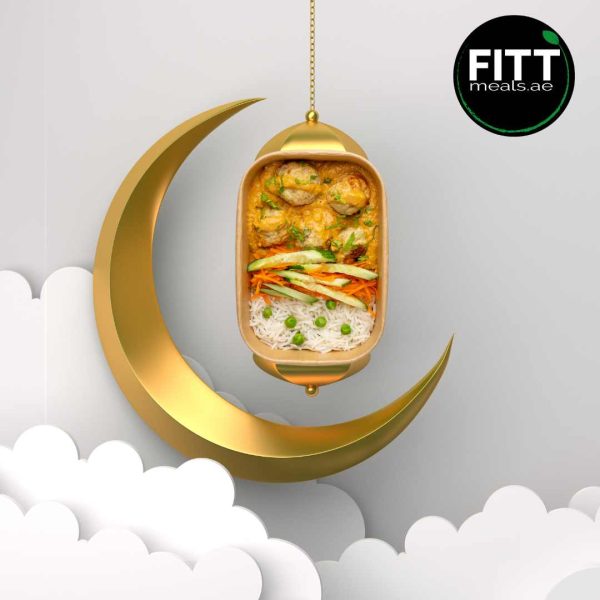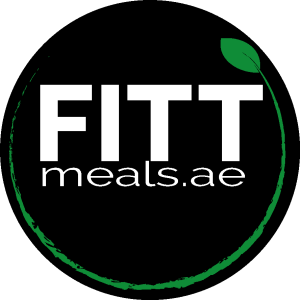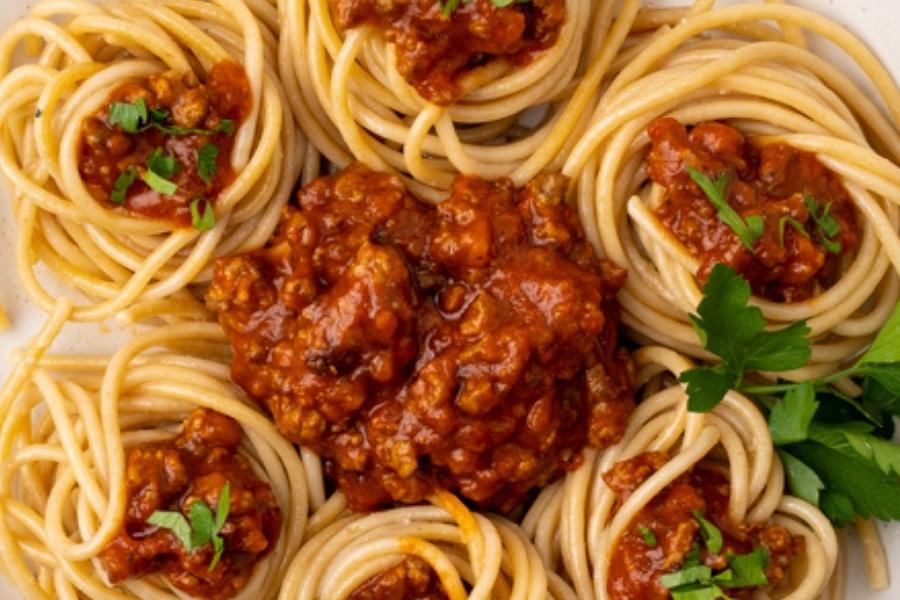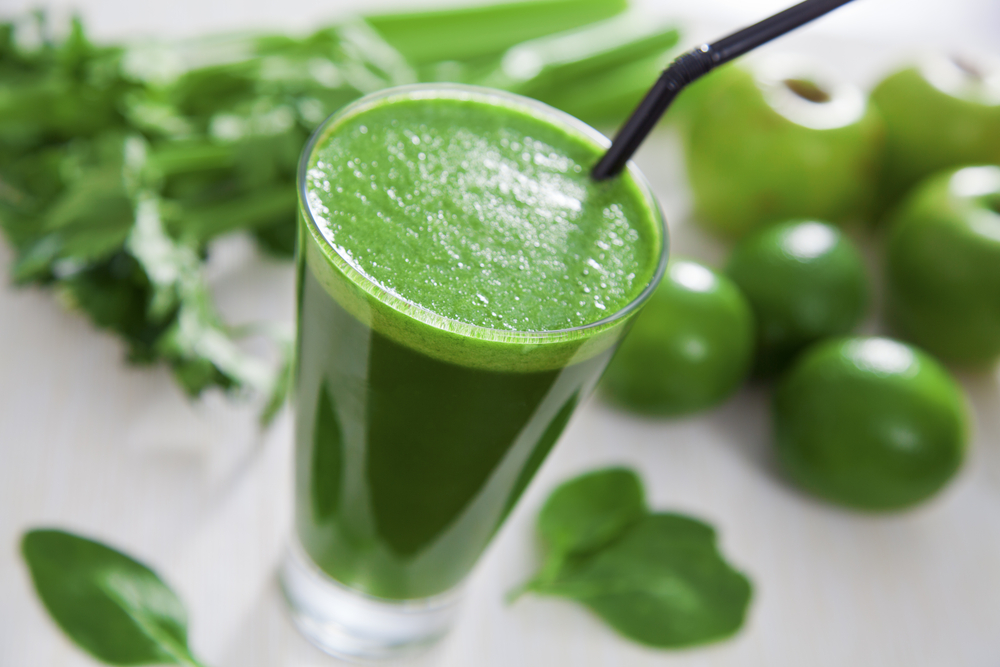Ramadan Nutrition Tips
The Holy Month of Ramadan is upon us. A time when Muslims fast during daylight hours.

Author: Ciara Nolan (RNutr)
Ciara is our in-house nutritionist at FITT Meals & has a MSc Human Nutrition.
Importance of nutrition during the holy month of Ramadan
Ramadan is a sacred month for Muslims around the world, where they fast from dawn to sunset. While fasting, it is essential to maintain a healthy and balanced diet to avoid any health complications and make the most of the spiritual benefits of Ramadan. Here are some tips for staying healthy and hydrated during Ramadan by our Nutritionist Ciara Nolan (RNutr).
Hydration
Many people struggle with dehydration during Ramadan so it is important to ensure that you rehydrate during non-fasting hours. Ways to stay hydrated:
- Sip on water frequently
- Eat foods with a high fluid content such as watermelon, cucumber, soups & stews.
- Do not increase the amount of caffeine that you would drink on a normal day.
- Avoid foods with a high sodium content as this can lead to increased thirst.
Iftar
Iftar is the meal that breaks the fast after sunset and is an opportunity to replenish the body with essential nutrients that have been missed throughout the day. Here are some tips for having a healthy Iftar:
4. It is also important to be mindful of portion control during Iftar as many people tend to overeat during this time after fasting all day.
Suhoor
Suhoor is the meal before the fast begins and is an essential part of maintaining a healthy and balanced diet during Ramadan. It is very important that you do not skip Suhoor. Suhoor sets you up for the day. Here are some tips for having a healthy Suhoor:
1. Focus on hydration, protein, fat & fibre (complex carbohydrates). Including a mix of all macronutrients delays gastric emptying and keeps you feeling fuller for longer.
2. A lot of people tend to forget about protein at Suhoor, however it is very important for many different reasons such as helping to keep you feeling fuller and for muscle benefits too. Eggs can be a great option to include at Suhoor due to its timing and our early morning food preferences.
3. Do not forget to drink an adequate amount of water here to prevent dehydration occurring throughout the day.
Conclusion
While fasting during Ramadan it is essential to maintain a healthy and balanced diet during the fasting period to avoid any health complications. Hydration, a healthy Iftar, and a healthy Suhoor are important for staying FITT during Ramadan. By following these tips, individuals can make the most of their Ramadan experience and maintain good health.
We hope these tips will help you during Ramadan! If you’d like us to take care of your nutrition so you don’t have to worry about having a balanced Iftar or Suhoor, you can avail a FITT Meals plan.






